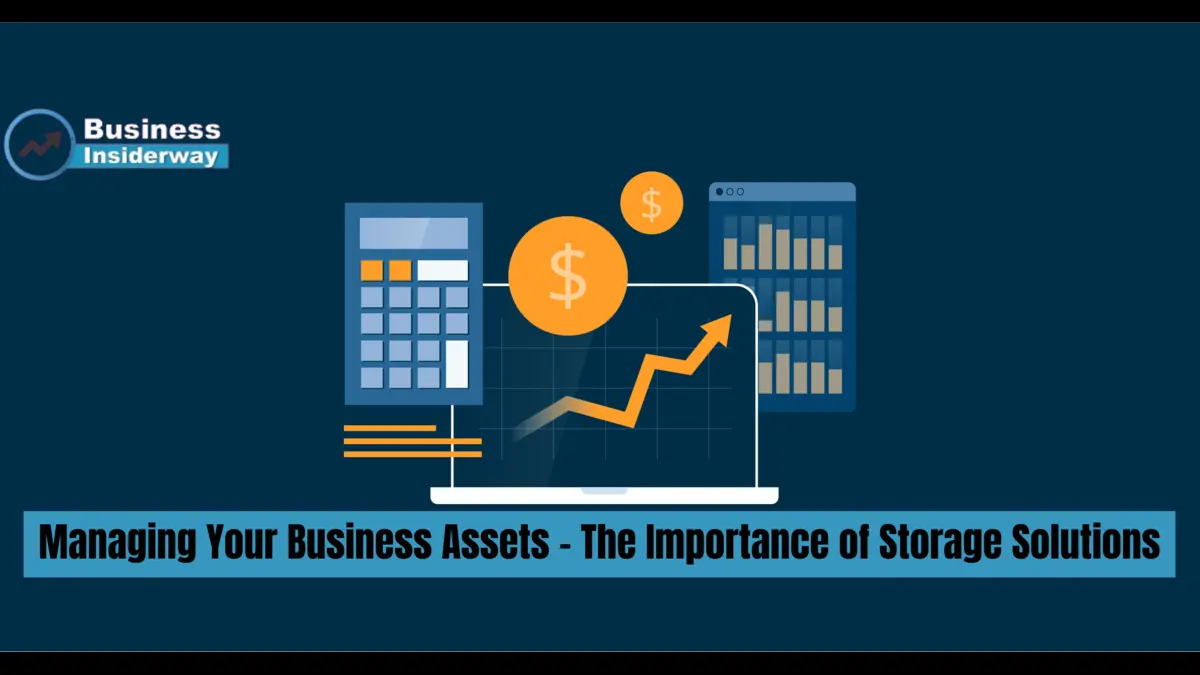Business storage helps companies make better use of their assets. This is essential to boosting productivity and maximizing revenue.
An effective asset management framework helps curtail product damage, loss, misplacement, noncompliance, and inefficiencies. These benefits trickle down to improve performance and reduce costs.
Investing in a reliable data storage solution is necessary to protect critical information. Here are some factors to consider when selecting the right one for your business.
Cost-Effectiveness
As businesses grow and evolve, they often accumulate a lot of stuff. This can include files and records, computer hardware, office supplies and furniture, overstock of products, and much more.
Having the right storage solutions like WarehousingIT reduces costs by keeping business assets off-site, eliminating the need to invest in expensive space and equipment. It also eliminates the need to pay for long-term leases, saving short- and long-term money.
Moreover, off-site storage facilities are typically well-located relative to customer bases or transport hubs, drastically reducing the cost of long-haul shipping and delivery services. This, in turn, reduces operational expenses. The right storage solution also helps companies better organize their items, allowing them to retrieve whatever they need when they need it easily.
Flexibility
Storage solutions allow businesses to keep important documents and materials safely stored. This can help protect a business from losing information in a data disaster. In addition, it can also allow a business to save space in their office.
With storage concerns addressed, enterprises can concentrate on accomplishing their overall business goals. This includes creating solutions, serving customers, and transporting goods.
The scalability of a storage solution allows companies to adjust capacity to meet their needs as their business grows. This is especially helpful for businesses that experience seasonal fluctuations or rapid growth. By implementing a storage-as-a-service approach, businesses can avoid the time and expense of planning and purchasing new hardware. This enables them to focus on projects that drive revenue.
Security
Businesses can use storage solutions to secure their important files and documents. This is crucial in a disaster, as business operations could be disrupted if data is lost.
Storage solutions can also use office clutter, which can benefit small businesses. They can also help to improve productivity by allowing teams to work together more effectively.
The landscape of business assets is changing rapidly, and effective management is key to maximizing overall value. This means developing fresh asset management strategies, building customer trust, and working with regulators to ensure compliance and security. It also means investing time and resources in understanding, tracking, and valuing these new digital assets. In doing so, organizations can become more efficient at creating solutions, serving customers, and transporting goods.
Reliability
Asset management is the process of planning, purchasing, operating, maintaining, upgrading, and disposing of assets throughout their life cycle. The goal of asset management is to maximize the benefits that a company can extract from its assets.
Reliability is a key aspect of effective asset maintenance. By implementing and following best practices for maintenance, companies can increase the lifespan of their equipment and reduce operational costs.
When choosing a storage solution, it is important to consider the system’s reliability. This can be achieved by selecting a data storage platform that is easy to use and provides a robust security infrastructure. Also, it is important to back up clean data in a way that fits the organization’s overall data strategy. This will help prevent the loss of critical information during a disaster or data corruption.
Scalability
With the volume of data in businesses increasing exponentially, the scalability of storage solutions is becoming more important. This feature allows for storing large amounts of data without affecting performance.
A scalable solution will be able to handle the increased data volume without having to upgrade the hardware. This allows you to maximize the use of your existing hardware, saving you both time and money.
There are two fundamental approaches to storage scalability. The first is vertical scaling, which involves adding similar components to a single logical unit to increase capacity and performance capabilities. The other is horizontal scalability, which refers to adding multiple storage nodes into a networked system cluster to increase capacity and performance. The latter is usually more cost-effective than vertical scalability.














